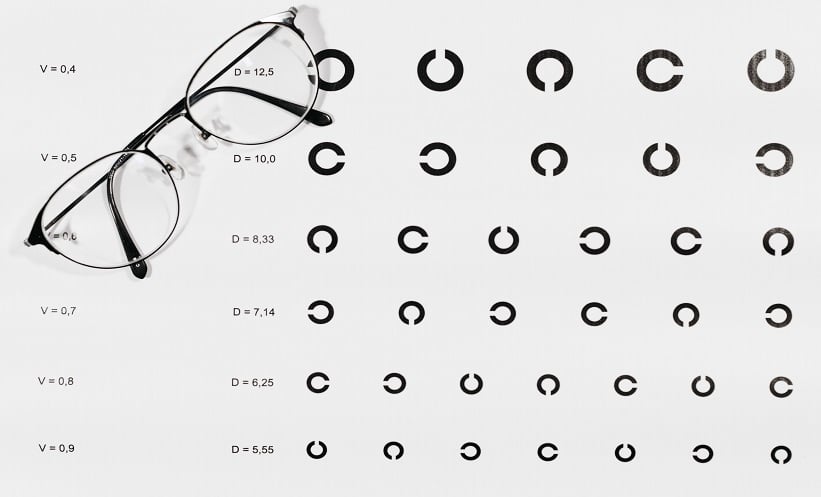NEW research shows that the age of Type 2 diabetes (T2D) and hypertension (HTN) diagnosis is strongly correlated with the onset of primary open-angle glaucoma (POAG). This condition, which accounts for up to 90% of cases of glaucoma, is the leading cause of irreversible blindness, affecting tens of millions of people worldwide. “At this time, there is no cure for glaucoma, however, with early detection it is possible to preserve patients’ vision by controlling intraocular pressure and therefore preventing blindness,” stated study lead Karanjit Kooner, University of Texas Southwestern (UTSW) Medical Center, Dallas, Texas, USA.
Early diagnosis of POAG is challenging due to the limited symptoms expressed in the early stages of the disease. Often, vision is already permanently damaged by the time patients are diagnosed. Several risk factors for the condition have been identified including, T2D, HTN, migraines, and obstructive sleep apnoea. However, the influence of these conditions on the onset of POAG is not yet fully understood.
The researchers analysed data from the medical records of 389 patients with POAG seen by Kooner at the UTSW Eye Clinic between June 2019 and December 2019. No connection was found between either obstructive sleep apnoea or migraines with the age of POAG onset. However, the earlier patients presented with HTN and/or T2D, the earlier they developed POAG.
Since T2D and HTN both affect blood vessels of the retina and optic nerve, and POAG has a vascular root, suggesting a possible reason why they would predispose patients to the condition. The research team underlined that future research on this subject could lead to changes in the screening protocol for POAG. Adding T2D and HTN to the list of risk factors that can trigger POAG would enable earlier diagnoses, resulting in the preservation of the patient’s vision and of their quality of life.








